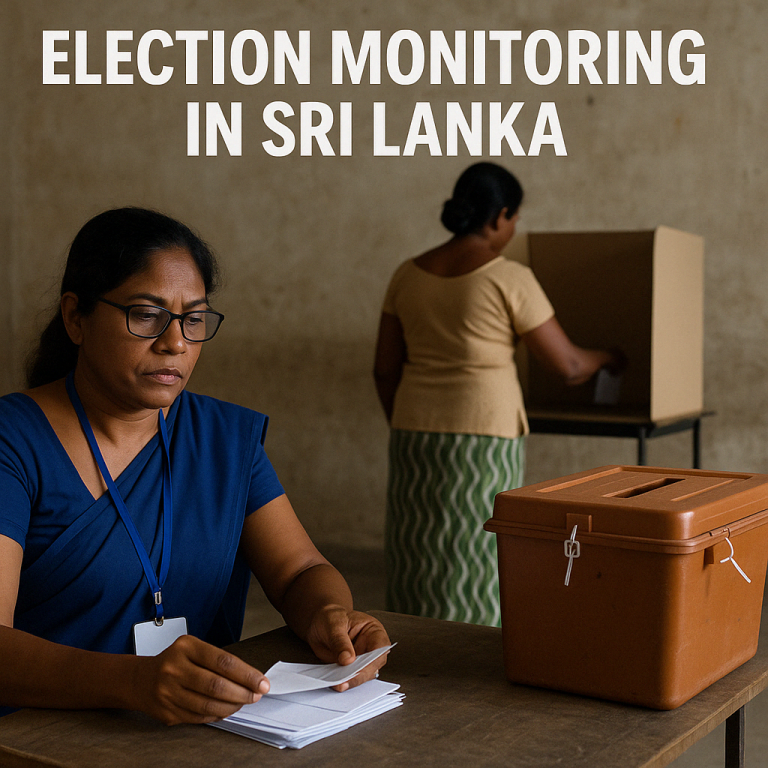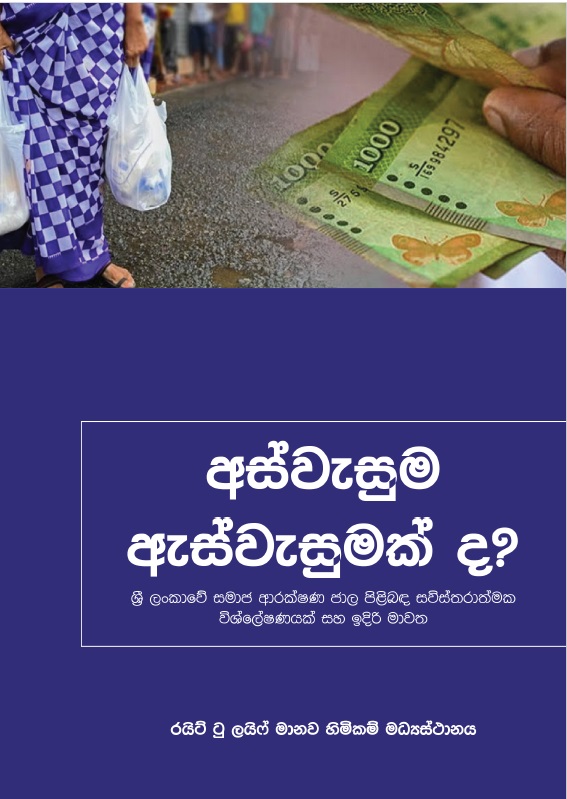Ajith Perakum Jayasinghe
Sri Lanka ushered in a new era for its agricultural sector yesterday with the launch of a groundbreaking program granting freehold deeds to farmers. This initiative, championed by the President Ranil Wickramasinghe, represents a transformative step towards empowering generations of families and revitalizing rural communities.
While some political groups have expressed concerns about the potential for increased land sales and foreign acquisitions, these anxieties are largely unfounded. Evidence suggests that historically, farmer land sales have not been primarily driven by poverty but rather by individual choices and aspirations. Additionally, multinational companies rarely target small, fragmented plots of land typically owned by individual farmers despite the false claims by some leftist groups that multinational companies may buy the farmers’ lands.
For decades, discriminatory laws severely restricted inheritance and transfer rights, often favouring the eldest male heirs. This created injustices and limited opportunities for many families. Recognizing this, President Gotabaya Rajapaksa implemented crucial amendments that promote fairer land distribution within families, paving the way for greater equity and empowerment.
The newly launched program goes beyond simply providing ownership rights. It aims to catalyze a shift from subsistence farming towards a more commercially focused agricultural sector, thereby fostering rural economic development and creating better livelihoods for farmers. Importantly, it does not force individuals into farming who lack the entrepreneurial spirit; they retain the freedom to pursue other opportunities in the broader economy.
By creating a vibrant land market, this initiative unlocks several potential benefits. Local agri-entrepreneurs may gain access to land resources, facilitating their growth and contribution to the agricultural sector. This can pave the way for a more robust and diversified rural economy, potentially attracting larger firms once a solid foundation is established. Ultimately, the program empowers farmers with the security and flexibility they need to thrive, enabling them to invest in their land, improve their yields, and contribute more meaningfully to Sri Lanka’s food security and economic prosperity.
It’s important to acknowledge that any major policy shift may come with potential challenges. Open communication, transparent implementation, and ongoing support for farmers navigating the new landscape will be crucial for ensuring the program’s success. By working together, Sri Lanka can harness the power of this initiative to unlock the full potential of its agricultural sector and build a brighter future for all.







